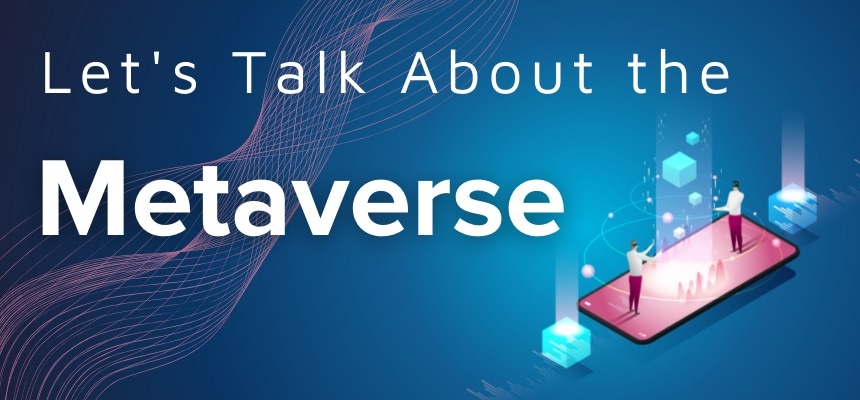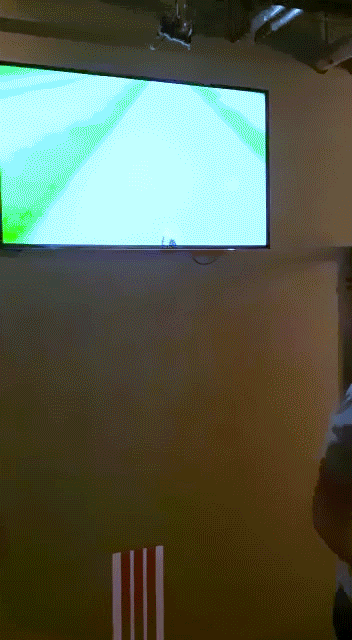
You’ll no doubt have seen in the news recently that Facebook, Inc rebranded as Meta Platforms, and that Microsoft acquired Activision Blizzard; their largest acquisition ever.
You might have asked yourself why a brand as well known as Facebook would change its name or why a company that already owns Xbox would buy another gaming platform. Well partly as an attempt to bat away poor publicity (in Facebook's case) but more tellingly so that these two tech giants can position themselves for their future ventures into the metaverse.
What is the metaverse?
The term was first credited 30 years ago to Neal Stephenson in his novel Snow Crash where he was referring to a 3D virtual space. The metaverse will essentially enable people to socialize, game and enjoy experiences within a virtual world (or universe).

Meta comes from the Greek “Beyond” and “Verse” is an abbreviation of Universe, so it literally means “Beyond the Universe”.
What will the metaverse look like?
Imagine an alternative digital world. I am thinking somewhere between the Sims and the Matrix.
If you are a gamer and spend your time playing Fortnite or Minecraft then you will already have experienced elements of what a wider metaverse may look like. You might have also tried a game with a virtual headset on. I recently unsuccessfully tried playing cricket in an augmented reality. And I’ve seen companies demonstrate their new tech with headsets on at tradeshows. This would seem the most obvious example currently existing of the metaverse.

Virtual Reality Cricket still has some way to go!
The company most widely known for producing these headsets, Oculus, is also owned by Facebook (Meta) and so they are clearly positioning themselves to play a big role in creating this new world.
I personally can’t picture a world where we are all regularly wearing virtual reality headsets in order to experience augmented reality. Perhaps more likely is a tech that is an extension of our headphones, smart watch or phone; something that we already regularly use and feel comfortable with.
What opportunities and challenges will the metaverse represent?
Although certain elements of the metaverse currently exist, it is not expected to be in the mainstream for 5 - 10 years. So although it might not be something that you are looking at too much now it will no doubt present opportunities for scientific marketers in the future.
Conferences are already edging toward the metaverse with integrated digital experiences designed to engage and educate the users. You could be using holograms to hold your meetings. Product demos can already be experienced through augmented reality so perhaps this will become more accessible and mainstream. Picture a prospect on the other side of the world viewing your product within an augmented reality and trying it out for themselves with virtual robotics.
Conclusion
The metaverse is certainly an area of interest to us and one that we’ll be keeping a close eye on over the next few months and years. As it develops we will most likely see some connection with other hot topics like blockchain and NFTs. We'll be keeping on top of these developments and reporting back on this blog. You can keep up to date with our latest thoughts and insights on the metaverse by subscribing to our marketing newsletter. Link to subscribe is here.